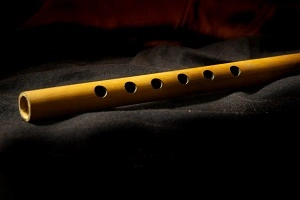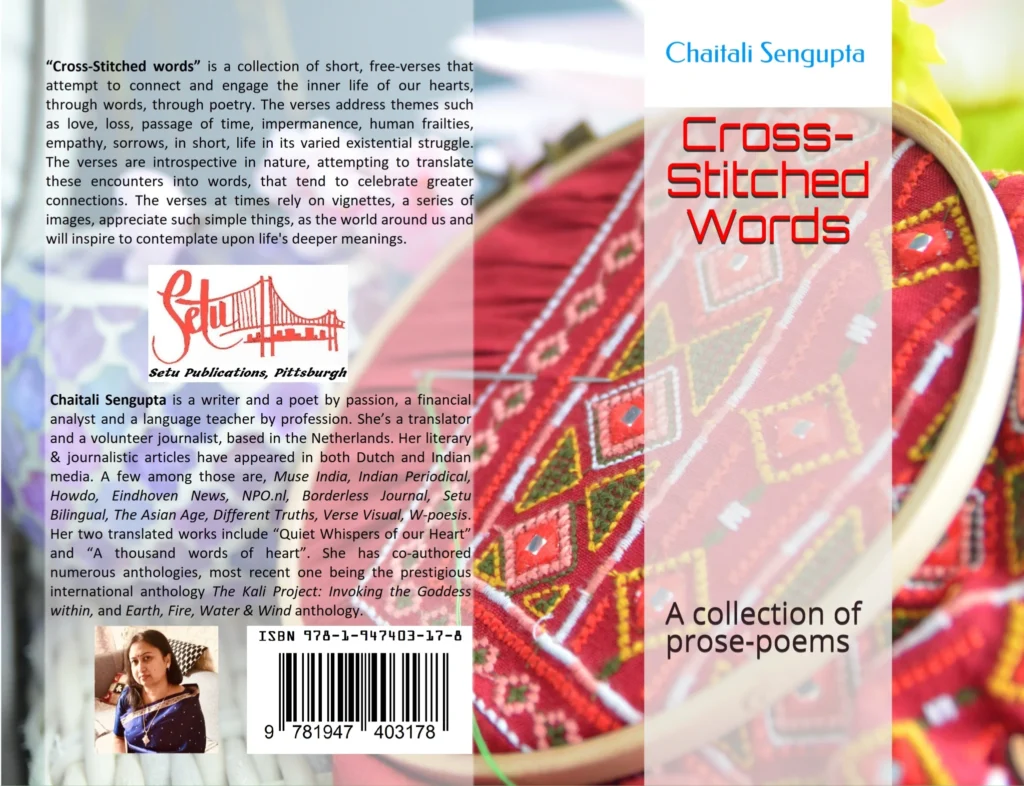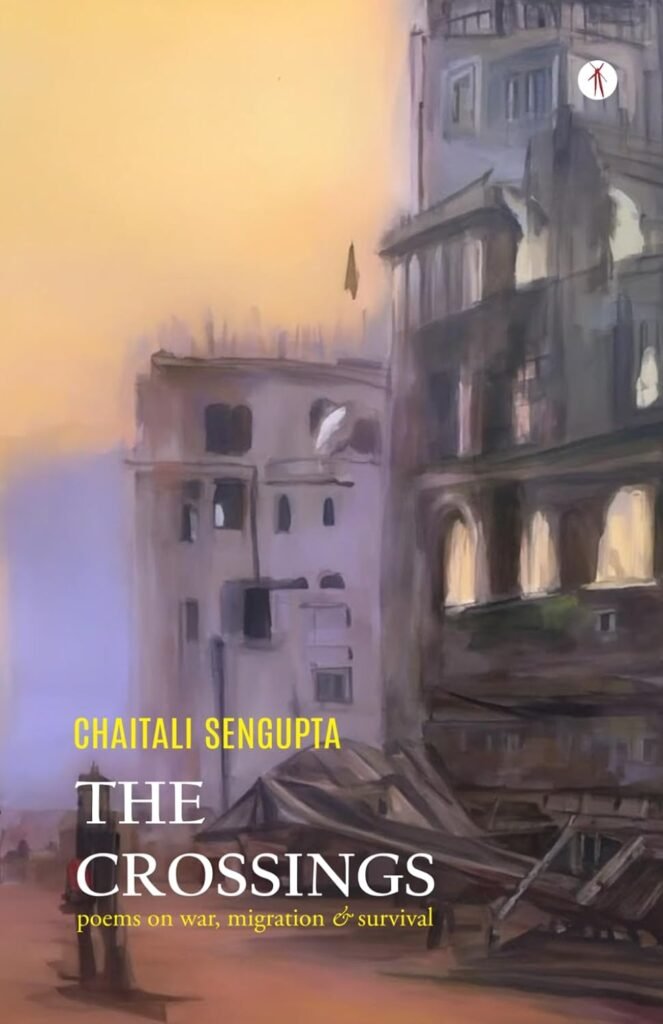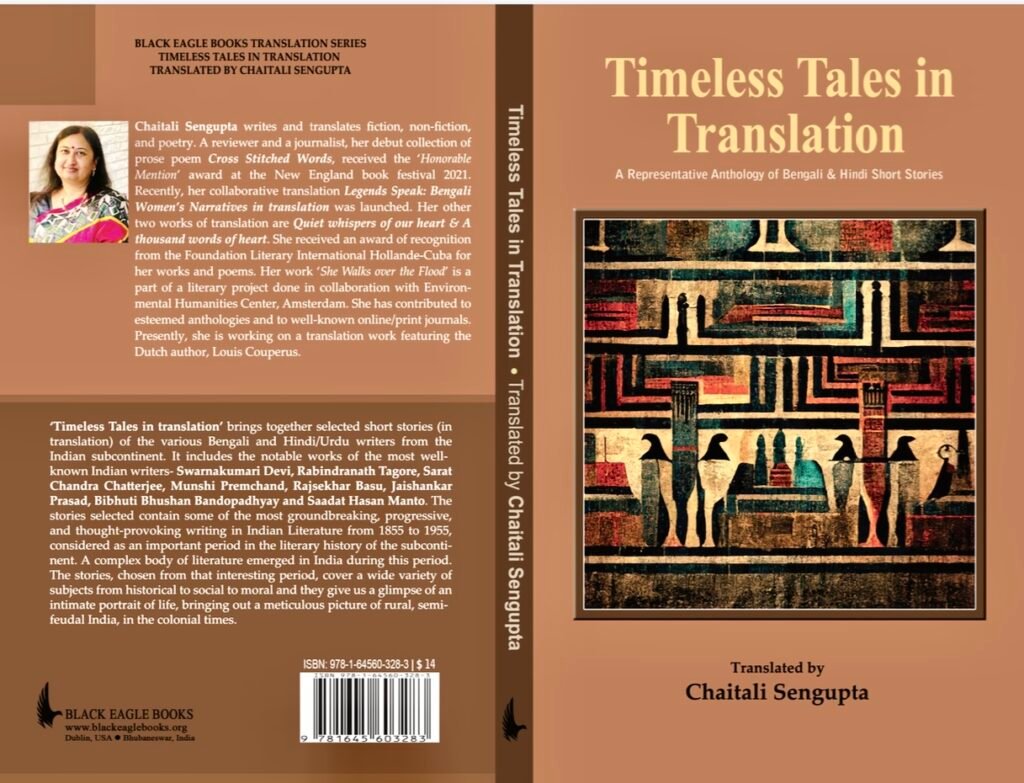By Chaitali Sengupta
The original prose poems by Rabindranath Tagore, Purono bari (The old house), Banshi (The
flute) and Prothom Shok (First sorrow) were collected in Lipika first published in 1922 (BE
1329). It is a small book where Tagore introduced short poetic prose pieces.
THE FLUTE
The voice of the flute is an eternal one, a voice belonging to forever; just as the descent of the
Ganges, flowing out of the matted locks of Shiva, spilling upon the breast of earth. Like a
child of heaven, she plunges down, wishing to frolic with the dust on earth, in her quest of the
heavenly game.

Standing on the wayside, I hear the flute’s strain; it fills my mind with feelings unknown. I
try hard to relate the ache that comes from the tune, with my mundane joys and sorrows, but
in vain. I realize that it is more scintillating than any joys I’ve experienced; more intense than
any tears that I’ve shed.
It makes me feel that the truth resides not in knowing, but it dwells in the unknown. How is
mind able to think in this capricious manner? I’ve no answer to that.
At dawn today, I woke up hearing the tune of the flute. There was a wedding in the nearby
home. The melodious strain that emanates from the flute on the first day of marriage matches
in no way with the tunes of the days that follow.
Can the flute, like a divine oracle, warn us
about the private frustration, the deep dejection, the neglect, the insult, and the sheer fatigue,
about our restrained desires, our monstrous bickering, the unforgiving petty conflicts, the
dusty miserliness of our daily life struggles?
The veil of the familiar, regular words upon the mundane life is yanked away in one go with
the melodious strain of the flute. The bride and the groom exchange their first glance of love
in the blessed moment, and unite forever under the delicate canopy, as the groom lifts the red
veil of his demure bride. And the flute, through its tuneful melody, sings of this exalted
moment.
When the flute plays along the songs of exchanging the garland of love, I look towards the
bride, being wed in our neighboring home. Wearing a golden necklace around her neck, a
pair of anklets on her feet, she stands on a lotus of joy that grew in the lake of tears.
As I look through the melody of the flute, she appears ethereal to me. The girl, who was once
a familiar face from the known household, now manifests as the bride of an unknown family.
The flute says, “This is the truth.”
Read other two translations here: https://museindia.com/Home/ViewContentData?arttype=poems&issid=105&menuid=10317



